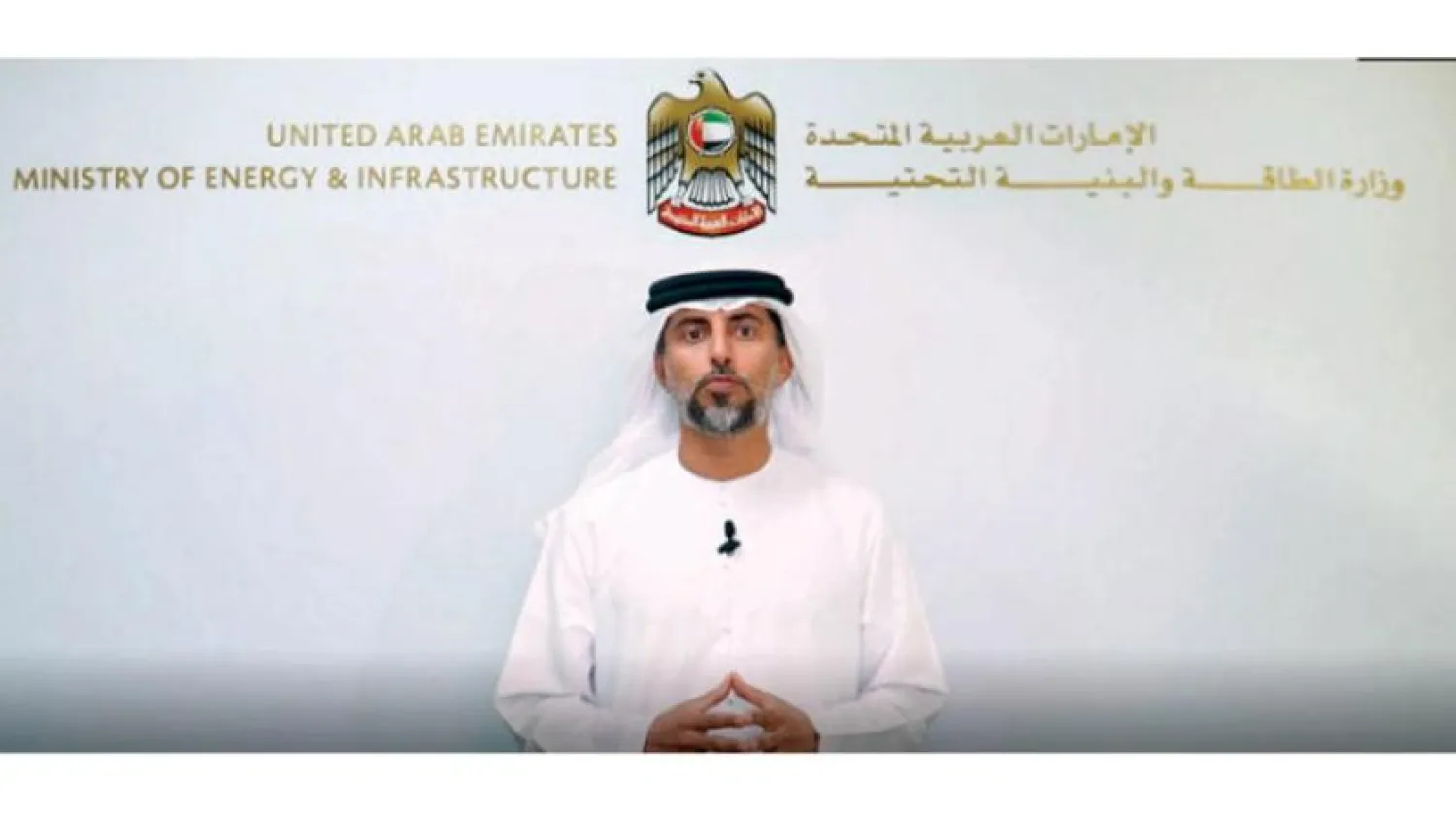The United Arab Emirates is seeking to shift towards producing hydrogen from sources of fossil fuel, which currently costs about $1.50/kg, said UAE’s Energy Minister Suhail al-Mazrouei on Monday.
The UAE is committed to help in finding new global solutions to the energy sector-related challenges through partnerships, knowledge exchange and capacity building, he affirmed.
Clean energy is an essential part of the future energy mix, which the UAE takes into account when formulating national strategies and legislations, he explained during the inauguration of the virtual edition of the Middle East Energy Expo 2021.
“Therefore, the state was keen to launch the first unified energy strategy, the National Energy Strategy 2050, on which the Ministry of Energy and Infrastructure is working to update.”
The UAE is aiming through its strategy to rationalize individual and institutional energy consumption behavior by 40 percent by the year 2050.
According to the minister, the UAE is targeting diversifying the future energy mix so that reliance on nuclear energy will account for six percent, 12 percent from clean coal, 38 percent from gas and 44 percent from renewable energy by 2050. It also aims to raise the contribution of clean energy in the total energy mix produced to 50 percent.
The strategy will help reduce carbon dioxide emissions by 70 percent in business projects, 50 percent in construction projects, 60 percent in transportation and 33 percent in the industrial sector, Mazrouei said, reiterating the country’s commitment to reduce carbon dioxide emissions by 70 percent and increase clean energy use by 50 percent by 2050.
“Today, renewables alongside new technologies and services are transforming the business of supplying and delivering power.”
“For this energy transition, a more responsive and interconnected power system is emerging. This changing energy landscape offers new opportunities for both leadership and action,” said Mazrouei.
“Over the past 50 years, the UAE has been at the forefront of the ongoing energy transition in the region and among leading nations worldwide. We were among the first nations to ratify the Paris Agreement, thereby showing our commitment to the efforts toward a low carbon economy, which requires a low carbon energy system,” he added.









